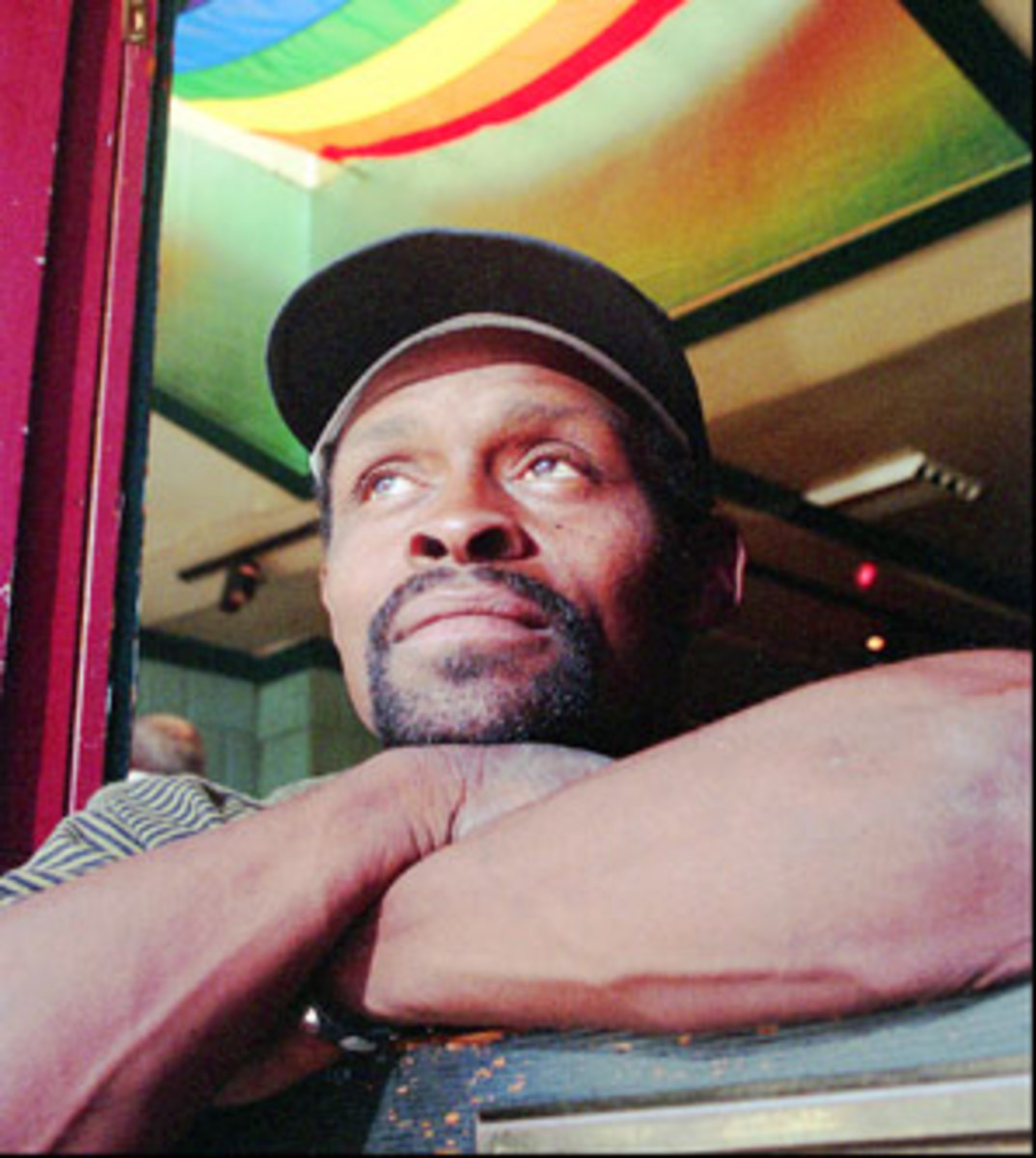Welts' coming out progress, but there's still a long ways to go
One of these days, such headlines will seem to be from a time capsule, as archaic as images of young African-Americans being fire-hosed or attacked by German shepherds.
A story on the front page of Monday's New York Times revealed that Rick Welts, president of the Phoenix Suns, is gay. The story was part of a carefully planned coming out; Welts first confided to his closest colleagues and then spoke to the newspaper. Even though most of Welts associates knew he was gay, it is still so rare for a man associated with professional sports to reveal his homosexuality that the story is front-page newsworthy.
At some point we'll move forward, right?
Maybe, just maybe, we're getting close to that point.
In recent days, there have been encouraging signs of progress and tolerance in the world of gay rights and sports. Prior to the Welts story, the New York Rangers' Sean Avery made news by being part of a campaign in New York in favor of same-sex marriage.
"I treat everyone the way I expect to be treated and that applies to marriage," Avery said in a video, treading where few professional athletes have dared. "Committed couples should be able to marry the person they love. Join me in supporting marriage equality."
Last Sunday, international rugby star Ben Cohen, from England, was a celebrity presenter at the annual GLAAD (Gay & Lesbian Alliance Against Defamation) awards in San Francisco. Though Cohen is straight, he is recognized for starting an anti-bullying organization, aimed at helping the gay and transgender communities.
And in a recent story on ESPN.com, Will Sheridan discusses being openly gay and accepted by his teammates while he played basketball at Villanova.
But with every step forward, there's still a step backward. For every Avery and Cohen, there's a Kobe Bryant and Roger McDowell.
The reaction to Avery's support of same-sex marriage included tweets from sports agent Todd Reynolds who wrote: "Very sad to see Sean Avery's support of same-gender 'marriage.' Legal or not, it will always be wrong." Reynolds subsequently faced his own firestorm of bad publicity.
TIME.COM Q&A WITH SUNS PRESIDENT RICK WELTS
In Welts' own league, Bryant responded to a technical foul by calling a referee a "f-----." David Stern, one of the colleagues Welts confided in, fined Bryant $100,000.
In San Francisco, in late April, Atlanta Braves pitching coach Roger McDowell was accused of shouting a homosexual slur to people in the stands and then making lewd simulations with a bat. McDowell was not fired but was suspended for two weeks and required to undergo sensitivity training.
The punishments are some sort of progress. Homophobic behavior is no longer simply accepted as "boys being boys" in sports.
But the actions of Bryant and McDowell -- new school athlete and old school coach -- show how ingrained that bullying culture is. And how brave a player like Sheridan has to be, to come out while he's playing.
Last fall, the premiere of a documentary, Out: the Glenn Burke story, in San Francisco prompted discussion among local professional athletes as to whether an active player would feel comfortable coming out today. Burke played for the A's and the Dodgers in the 1970s and was openly gay. The conclusion of the panel discussion was sadly unanimous: unless it was a superstar player such a scenario is unlikely. It's too hard a path to walk alone.
But Sheridan's story proves it can be done. The culture is changing, making the Bryants and McDowells the outsiders. The change is thanks to people like Avery and Cohen. Because of the reaction to the Welts story -- basically a yawn. The change is helped by messages like the one the San Francisco Giants will release: a video for the anti-homophobia "It Gets Better" campaign, designed to support gay, lesbian, bisexual and transgender young people.
And it will get better. Polls show rising acceptance for same-sex marriage. The next generation is much more accepting. Last week, my daughter's high school had a Day of Silence organized by the active Gay-Straight Alliance at school, supported by a wide range of students, including many of the school's athletes.
They sold T-shirts inscribed with the idea: "Imagine staying silent about who you love."
That painful silence was one of the impetuses for Welts to come forward. He suffered the death of his long-term partner alone. He also lost another long-term relationship because his partner was forced to live in the shadows of his life. That's a reality for many men and women throughout the sports world, a fear that acknowledging their partner will lead to ostracization, negative recruiting, even a loss of a job.
That's a reality that still needs to change.
"It just shouldn't be a big deal," my daughter said.
Hopefully, her generation will make that true.






